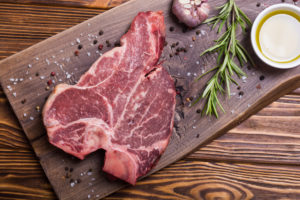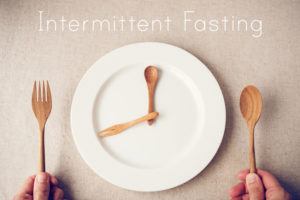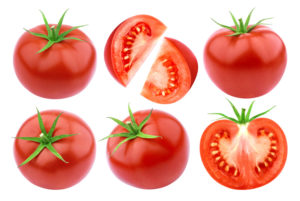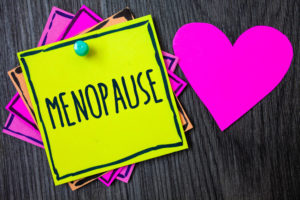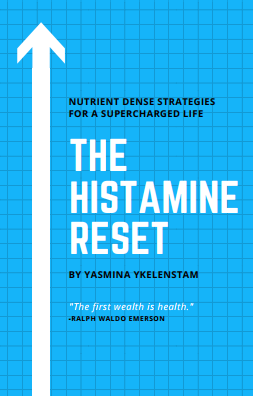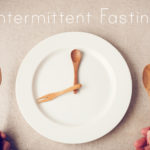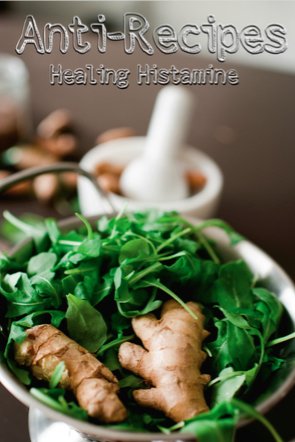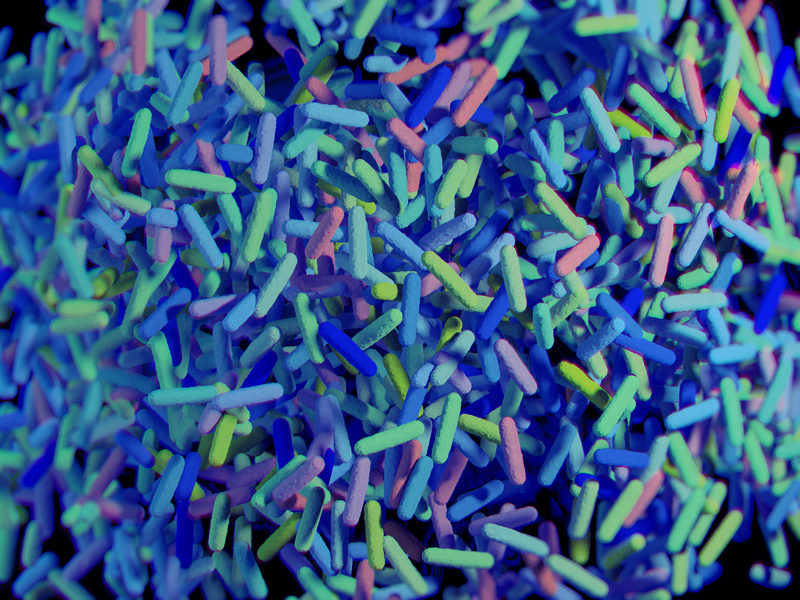
Here’s a little round up of stories that have caught my interest recently, as well as older bits of information that have piqued interest: the gut bacteria of people with chronic fatigue is different to most people’s and obesity may be contagious thanks to sharing microbes with family members and friends. We’ll also get into the different gut bacteria strains found in humans and how we can go about changing them.
In the last twelve months we’ve learned a lot about the human microbiome including that it can affect our moods and behaviours, that a lack of beneficial bacteria in the gut can contribute to or cause Parkinson’s, and that addressing microbiota issues with probiotics can largely be a shot in the dark.
In my recent interview with dentist and author Dr. Steven Lin the topic of gut health and its link to oral cavities and gum disease generally, plus how they affect histamine and mast cells, was the focus of our conversation. That got me thinking about some of the most interesting recent developments:
The gut bacteria of people with chronic fatigue (CFS) is very different to most other folks
We’ve been told for years that chronic fatigue is psychosomatic; that people just need exercise or that they’re actually just downright depressed. Now researchers are finding that the gut bacteria of those with this debilitating illness is far less diverse than those of healthy people. The scientists also found that those with CFS had higher levels of inflammatory molecules called lipopolysaccharides. They believe this may indicate that bacteria is making its way through the gut barriers and into the bloodstream (where they’re obviously not mean tot be). Researchers in this particular study were able to successfully identify over eighty percent of the CFS patients on their blood work alone.
I have no idea what caused my debilitating fatigue in the past, but I’m sure inflammation had something to do with it. I’d run around like speedy Gonzales for a couple of days or weeks and then be confined to my duvet for significantly longer. Eventually, thanks to my change in diet and dealing with my lifelong stress, I stabilised, neither speedy nor crashed out. I never sought medical treatment for it, knowing I would be laughed out of the doctor’s office. I instead initially loaded up on Diet Coke and Pepsi, put five tea bags in one cup of water when the soda (literally) make me sick, popped caffeine pills, and ultimately lived on Provigil, a medication used my pilots to stay awake. Little did I know back then that one of the ways that particular medication works is by boosting histamine levels in the brain.
This and other crazy things I did to myself back in the day…
Having learned from my mistakes, I now believe in eating a balanced diet. That means a few higher histamine (but nutrient dense) foods, a little bit of animal protein (mostly fish) and a ton of plant foods.
Click here to learn how to create your own histamine balanced diet and healing plan.
Obesity may be contagious (thanks to our gut bacteria)
Researchers have been onto the fact that the use of certain antibiotics (Vancomycin for example) may be linked to obesity, through its effect on gut bacteria. Now they believe that it can spread from one person to another. Mice studies initially showed that mice can spread obesity to each other, but they eat each others droppings. It’s been known for a while that people who live together share similar gut bacteria profiles, they even share them with their dogs, which according to Dr. Michael Gregor of NutritionFacts.org, can act as a bridge, connecting one family member’s microbiota to another. More recent studies have shown that human gut flora affects the way we metabolise fat, so theoretically it’s possible to “catch” weight gain from an overweight family member.
What’s your enterotype?
Recent studies show that the human microbiota is made up of two main species of bacteria that live in the colon. These enterotypes (as they’re known as) are Bacteroides and Prevotella, and their presence is dictated by your diet. The former is associated with an animal protein rich diet and the latter with a plant based one. Bacteroides species are associated with an increased risk of prostate cancer, the second leading cause of cancer related deaths. The great news is that we can “rapidly” change our microbiome through dietary changes. A study pitted two diets against each other: a vegetable, grain, fruit and legume based diet, and an animal protein rich one. Neither diet featured any refined sugars. A vegan in the study who was fed an animal diet had their microbiome shift from a prevotella based one to bacteroides (cancer linked) in just four days. Bacteroides are linked to a number of inflammatory issues that may contribute to cancer.
There’s a few companies offering biome testing at home. I like uBiome – just use this link and you’ll get a 15% discount (and I’ll get one too!)
It’s finally here! Man Food – a high nutrient antihistamine and anti-inflammatory ingredient filled book geared towards guys, women who love to work out, yoga like they mean it, or just load up on healing nutrients. Features my personal shopping list of antihistamine and anti-inflammatory foods.
The Anti-cookbook and all liquid Anti-Detox Book, don’t treat any conditions, but feature a plethora of the high nutrient antihistamine and anti-inflammatory ingredients that have been instrumental in helping me feed myself on a limited diet. The Anti-cookbook features a four page list of antihistamine and anti-inflammatory foods and comes in regular and Paleo.
The Low Oxalate Cookbook features antihistamine and anti-inflammatory rich recipes.
Don’t miss the Low Histamine Beauty Survival Guide for non-toxic beauty tips, the skinny on histamine releasing (mast cell degranulating) beauty ingredients, antihistamine and anti-inflammatory beauty alternatives and the top brands natural brands I’ve found.
Take a peek at my other low histamine and antihistamine cookbooks for more high nutrient recipes
—-REFERENCES—-
http://nutritionfacts.org/video/is-obesity-infectious/
http://nutritionfacts.org/video/how-to-change-your-enterotype


